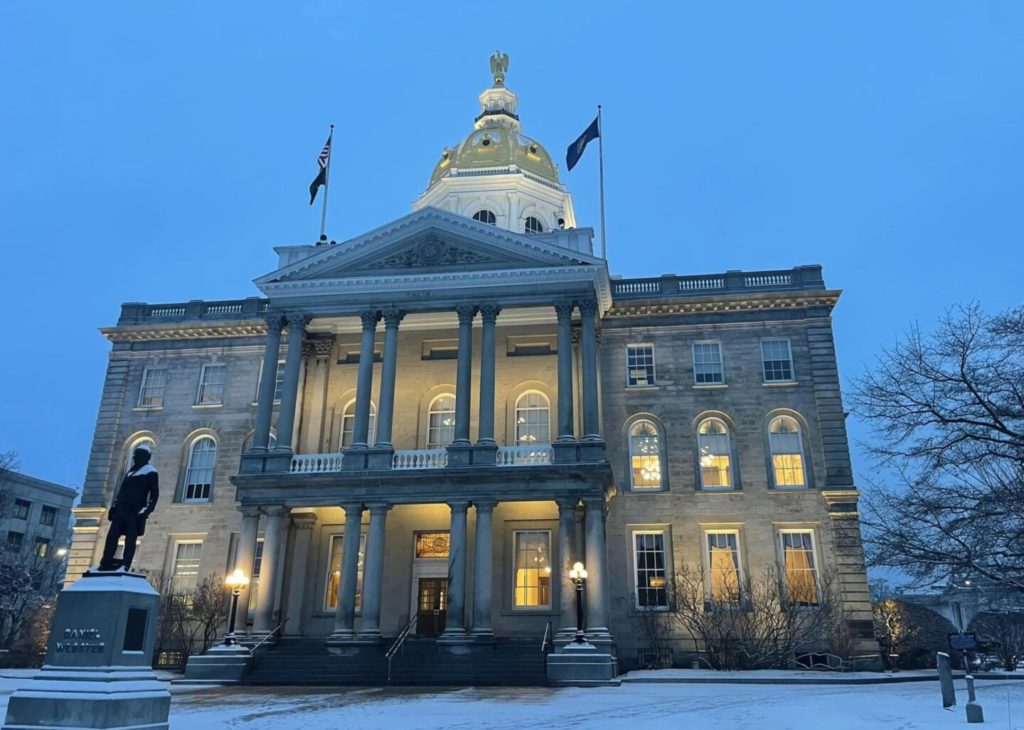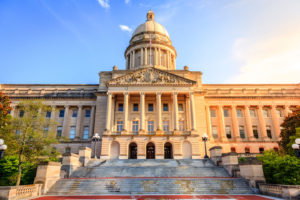Charter public school funding bill remains in New Hampshire House Finance Committee
(The Center Square) – A bill that would increase state funding to charter public schools across New Hampshire has been in a House committee throughout March as its financial impact on the broader…

(The Center Square) – A bill that would increase state funding to charter public schools across New Hampshire has been in a House committee throughout March as its financial impact on the broader budget is analyzed.
At the beginning of the 2023 legislative cycle, state Rep. Maureen Mooney, R-Merrimack, introduced House Bill 272, which has proposed increases in state-provided grant funding to designated charter public schools.
HB272 was first under review in the House Education Committee before a referral to the House Finance Committee, where its fiscal impact on the state budget is being hashed over.
The latest version of the bill proposes a $1,000.12 per-pupil grant increase to most charter public schools in the state’s fiscal year 2024 budget.
The state grant to charter public schools is $3,626.88 per pupil; if the increase as proposed is adopted, the funding contribution would be $4,627 per pupil.
With 4,912 students attending one of the state’s charter public schools, the state education trust fund tapped to provide the funding would increase by about $4.9 million.
Mooney cited several reasons behind her desire to introduce legislation that would provide additional state financial resources to the charter public schools – most notably, a systemwide 14% enrollment increase, year-over-year.
“Increased funding is needed with increased enrollment in charter public schools,” Mooney said.
Since the bill’s introduction, there has been a variety of views shared about the funding increase proposal.
Don Winterton is chairman of the Board of Trustees overseeing the Manchester-based Polaris Charter School. He said the school has been grappling with a litany of rising costs – including utility expenses and personnel salaries – in recent years.
Since they operate autonomously of the traditional public school system, Winterton said charters are typically unable to provide the same levels of compensation and benefits that are available to larger counterparts.
“We always lose a spectacular teacher to a regular public school system,” Winterton said in late January, when he provided testimony to the House Education Committee in support of HB272. “We’re in competition, but we have to find people who believe in our mission.”
Since its introduction, there also have been opponents of HB272. Megan Tuttle, vice president of the National Education Association’s New Hampshire chapter, is among them.
Tuttle pointed to the NEA’s 2022 report, which ranked New Hampshire 49th –only ahead of Missouri – in a nationwide analysis of state funding for education. She says the state funding formula should be solved before charter public school grant increases should be instituted.
“We need to fix the funding system, we believe,” Tuttle said. “The way the schools are funded doesn’t work.”



